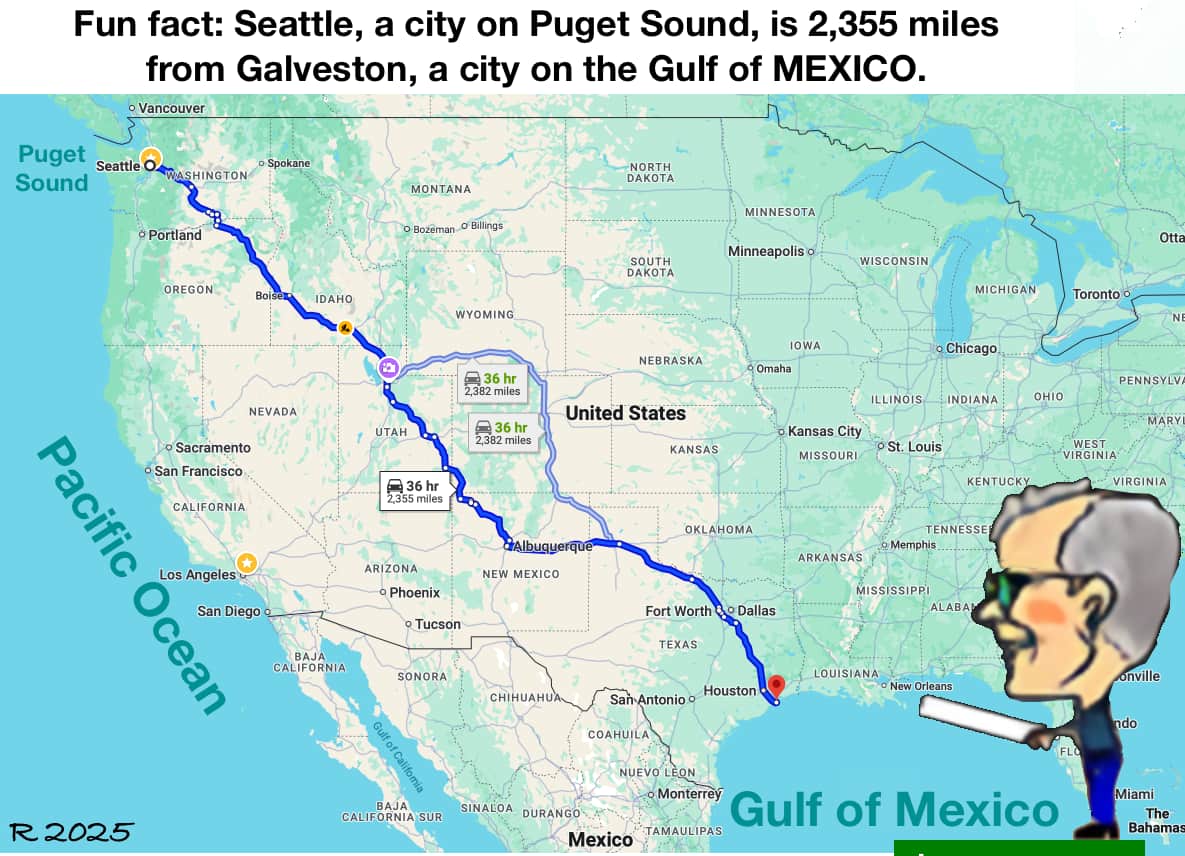The current turmoil in Ferguson, MO, is sadly nothing new. The tragedy of an apparently promising young man lost is being compounded by anger among the population and compounding of racial tension by local police. The good news is that this can become a teachable moment.
Much of the problem we are witnessing stems from low expectations for our police, by the public and even by the police themselves. Police brutality is not a myth, and police officers who misbehave often move on down the road to misbehave elsewhere. Yet police must often engage in a dangerous balancing act few of us would care to adopt as our way of life.
One recurrent proposal over the years has been the creation of national standards for policing, licensing of officers and the removal of political influence from police procedure. The profound inadequacy and even total lack of training of local police creates a patchwork of policing in the US, ranging from superb to appalling. In this case, think Keystone Cops with bazookas.
Herewith a nudge in what I think could be the right direction. There are several interlocking components.
1. Preliminary Training
Professional police academies can produce professional police officers. No one without such training should be given a badge and gun and told to "be careful out there." The training should have a structure similar to other post-secondary education. Schoolteachers are required to pass through two or three levels of college to advance and are typically required to engage in continuing education throughout their careers. Similarly, police officers should be obliged to complete preparatory education and then pass through regular examinations in law and best practices. Supervisors should need the equivalent of bachelors and masters degrees at least comparable to teachers, laboratory workers, firefighters and others who are occasionally charged with life and death situations.
2. National Standards
The standards for policing need to be national. It cannot be acceptable for police in one state or city to exercise their power brutally against people they simply dislike, while in other jurisdictions police are weakened to the point of ineffectiveness.
3. National License
A license to serve as a police officer should be defined using the national standards, and dismissal in one jurisdiction should result in loss of that license, either with or without the potential for redemption after a period of time and re-education. The license could be administered by the states for efficiency, but the standards must be the same, and national funds should not be available to nonconforming states.
The "best practices" are surely well established in law and education in most states and could be amalgamated to a national standard with regional options (for example, rules on operating in mountainous terrain could be waived for Kansas and Florida, but gratuitously beating minority citizens would be equally illegal in Mississippi, Montana and Massachusetts). A system of standardized, national licensing would be relatively easy and could be in place in under five years at minimal expense (the cost of creating a national academy to produce the needed standards is probably no more than is being expended -- some would say wasted-- in Missouri this week). This would primarily benefit police officers, as their career options would dramatically increase. There are many aspects to designing a good system that would need planning and continuous refinement; for example, retention of quality officers by small, relatively poor jurisdictions.
Our police do indeed protect most of us from harm, and they do indeed confront danger often, for which we should thank them and help them to advance in their profession, to our mutual benefit.

Community Log & News Digest
☰
Categories
Recent Posts
- DOGE attack on food security reaches Seattle
- Battery Battle Intensifies in Nevada
- Glazed Salmon Delights as Entree, Salad topping
- Get off my lawn, Don!
- Vance Whopper Channels Musk, DOGE minion
- The 'Hands-off' tally is in
- Hands-off rallies draw thousands
- Your Vote is Your Voice
- And the winner is...
- US Service Organization Assists Uganda Family
- Whidbey Island Fire Destroys Startup Farm - Arson Suspected
- International Women's Day 2024, Lynnwood March 8
- KOMO-TV's Steve Pool dies at 70
- Quick thinking prevents destruction on Elliott Bay
- The Role of Lutefisk in Achieving World Peace
